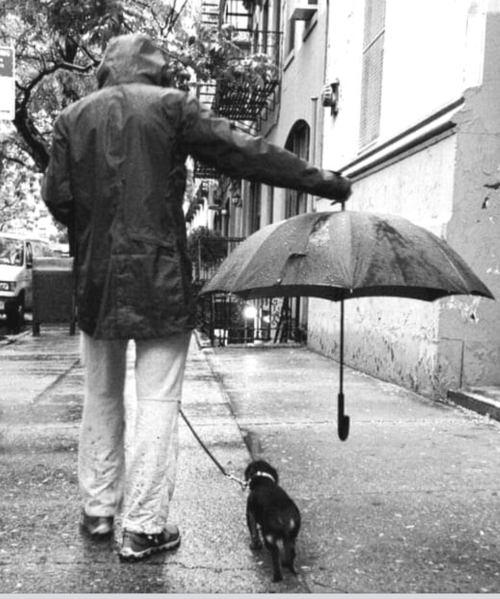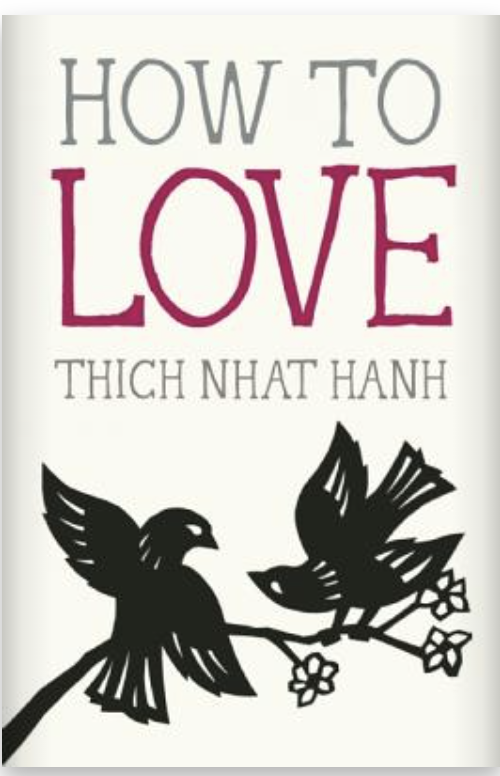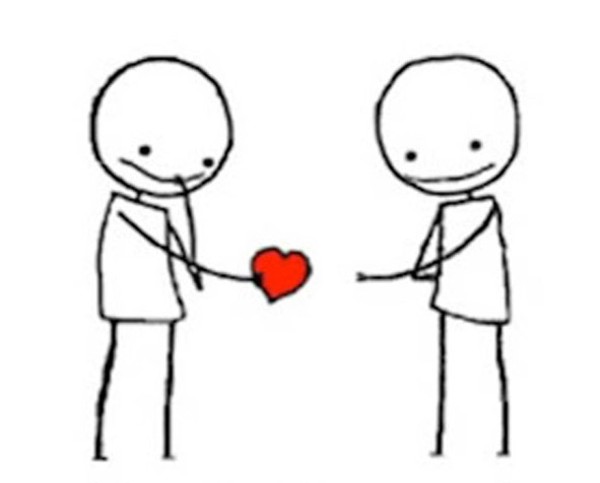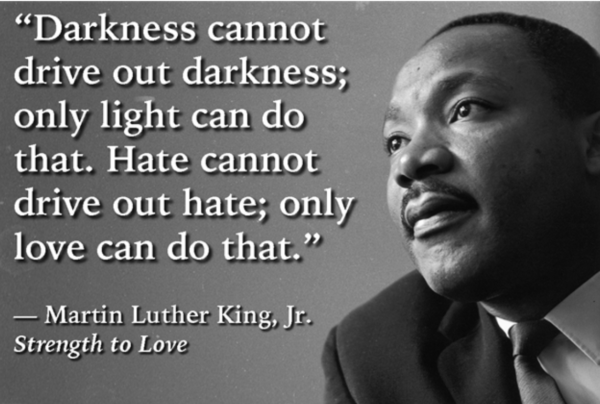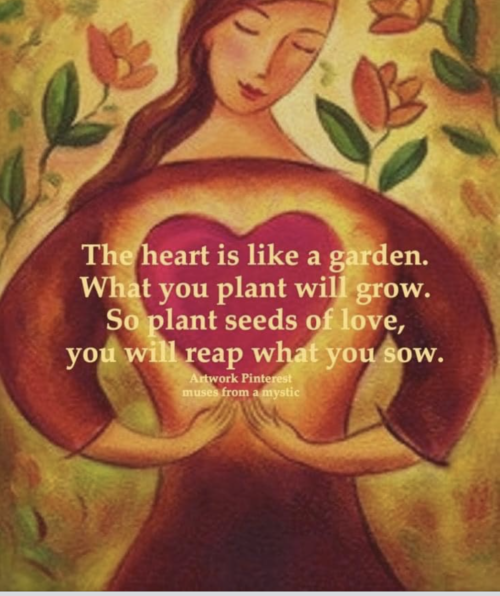“There is hardly any activity, any enterprise, which is started with such tremendous hopes and expectations, and yet, which fails so regularly, as love.”
— The Art of Loving by Erich Fromm
On this Valentine’s Day, let’s pause and reflect on love beyond exchanging Valentine’s cards, chocolates, and flowers. With intention and practice we can create an enduring love with a partner, child, close family member or friends, and learn to love neighbors with whom we differ.
Fromm stresses that love is a practice where the focus must be self-love, or self-compassion, which leads to compassion for others.
Self-love is not the same as selfishness, which is an obsession with one’s needs. In self-love we value ourselves. We are at peace with ourselves. It is the starting point for lasting love with a partner and for creating harmonious communities.
When we are agents of compassion, our hearts look outwards.
Fromm cautions that loving someone doesn’t mean saying “Yes” to whatever the person wants. Loving another doesn’t take priority over listening to yourself and knowing what you need.
In How to Love, Thich Nhat Hanh encourages us to practice deep listening to understand the other’s suffering and become more proficient at loving. Hahn elaborates, “Understanding someone’s suffering is the best gift you can give another person. Understanding is love’s other name. If you don’t understand, you can’t love someone.”
Reading this I was reminded that I need to practice deep listening in conversations with my adult sons, who can trigger me. Hanh advocates listening with patience and, when triggered, to take long, slow breaths to avoid an argument.
I was charmed by Thich Nhat Hanh’s framing of love as an offering where we spread happiness and joy. He suggests starting your day by asking yourself, “Who can I make smile this morning?”
The essence of loving kindness is being able to offer happiness.
Hahn writes, “You can be the sunshine for another person. You can’t offer happiness until you have it for yourself. So, build a home inside by accepting yourself and learning to love and heal yourself.”
When love triumphs joy is central. Joy and laughter abound when love operates without an agenda.
Martin Luther King promoted love for one another as the basis for social change. He pointed to the Ancient Greek notion of agape as the kind of love that would cut off the chain of hate between human beings.
In today’s world hate seems to have the upper hand both in our domestic and global politics. We often get locked into our viewpoints without trying to understand those with opposing beliefs. We live in a polarized nation and world.
Adapting MLK’s dream imagery, I have a dream where we make time to listen to those with whom we disagree.
During the 2020 Presidential campaign I was chatting causally with a woman at my farmer’s market. She asked who I was voting for. I reluctantly answered, “Biden,” having been a Bernie supporter. She confessed to favoring Trump and quickly followed with the statement, “It’s too bad we can’t all get along.” I was deeply touched.
Opening our hearts to those with different viewpoints may be our best hope for domestic and world peace. Nor can we afford to be passive. Let’s pledge to overcome our differences and build mutual respect. Let’s campaign to end the war in the Ukraine. Let’s campaign to save our planet. Let’s put aside our egos and be ambassadors of love. The world is on life support. It needs love more than ever.

